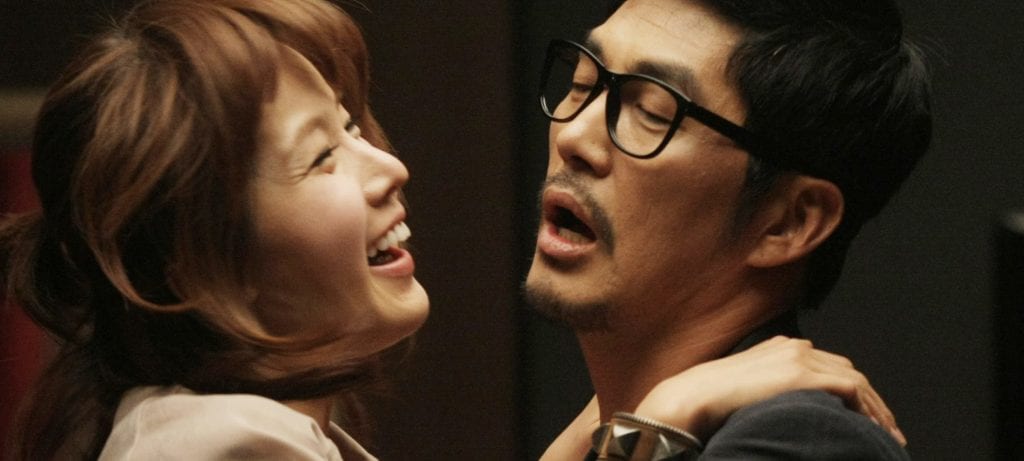
We are all looking for the perfect relationship, right? The match with the person who meets all of our needs, and gives us that perfect storybook life we’ve always dreamed about. The problem with that is that in that world view the relationship is the end point. “and they lived happily ever after.” Where reality comes crashing in is that your happily ever after is the life you are living after your relationship gets going, it’s here and now.
Happily ever after is a lot of hard work. Research shows there is a correlation between social media use and dissatisfaction in marriages. The study didn’t point the finger either direction, but I think we can see how using social media can cause, or exacerbate problems in relationships. There are a few ways this can happen.
“All the time and energy that goes into maintaining a lot of social media can take away from the one-on-one time couples share,” Christina Steinorth, a psychotherapist in Santa Barbara, told MedicalDaily.com in 2013. Steinorth continues “It’s also very easy to get swept up into a fantasy life in social media, which may make it tempting for individuals to stray from their committed romantic relationship. People typically report very flattering things about themselves on social media — their best photos to the best moments of their lives. When this happens, it can lead someone to think ‘Hey, that person is better looking and more interesting than my partner’ and lead to a “grass is greener mindset.”
It’s true that we live in a world of options. It’s easier than ever to interact with people without ever leaving your home or setting down your smartphone, we have far more options in every facet of our lives than even a generation ago, from what to eat, where to shop, what buy, to whom to date or marry, or even if we want to get married at all. These choices lead us to constantly measure our lives against what we expect them to be Andrew J. Cherlin, a professor of sociology and public policy at Johns Hopkins told Hara Estroff Marano in Psychology Today. “The result is an ongoing self-appraisal of how your personal life is going, like having a continual readout of your emotional heart rate. [This] creates a heightened sensitivity to problems that arise in intimate relationships.”
As a divorce attorney, I see this on a regular basis. People are dissatisfied with their current situation and partner, in part because the expectation doesn’t meet reality, and in part, because they’ve come to believe that lots of other people are happier. Sometimes this is true, not every relationship is going to last. Sometimes though, I think people just underestimate how much work goes into a relationship or how important it is to value the “we” of that relationship.
So, what can you do about it? Marano suggests that it requires a lot of hard work and cooperation with your partner. “The question is not how you want your partner to change but what kind of partner and person you want to be. In the best relationships, not only are you thinking about who you want to be, but your partner is willing to help you get there.” In short, there is no perfect partner out there, despite what the illusion of seemingly infinite choices tries to tell you. As Marano says “you can’t find the perfect person; there is no such thing. You and your partner help each other become a more perfect person—perfect, that is, according to your own inner ideals. You are both, with mutual help, constantly evolving.”

Mediation
Child Custody Mediation: What To Expect &…Child custody mediation is a critical step in resolving custody disputes peacefully and constructively. This process allows parents to reach a mutually beneficial agreement…

Family Law
8 Surprising Stats About Family Law In…Family law in California touches the lives of countless people every year, shaping outcomes in divorce, child custody, property division, and more. Whether you’re…

Family Law
Texas Family Law Breakdown: 8 Must-Know StatsNavigating family law issues in Texas can be a complicated and emotionally challenging process. Whether you’re considering divorce, dealing with custody arrangements, or trying…